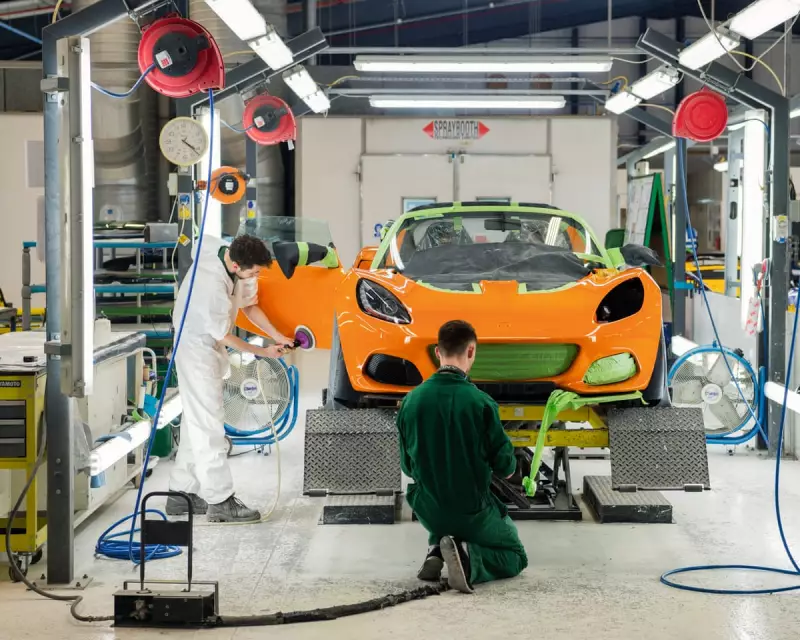
The iconic British sports car brand Lotus is poised to make deep cuts to its workforce at its headquarters in Norfolk, dealing a heavy blow to the UK's automotive industry. The company has squarely pointed the finger at the devastating financial impact of new tariffs imposed by the United States under the Trump administration.
The decision underscores a period of extreme vulnerability for UK car manufacturers, who are grappling with a toxic cocktail of economic pressures. The looming threat of a full-scale trade war between the US and the European Union is creating immense uncertainty, making long-term planning and investment nearly impossible for firms with major export businesses.
A Perfect Storm for the British Car Industry
Industry analysts are describing the situation as a 'perfect storm'. The sector is still reeling from the protracted disruptions caused by Brexit, which introduced complex new trade barriers with its largest market, Europe. Persistent global supply chain issues and a difficult transition to electric vehicle production were already stretching manufacturers to their limits.
The new US tariffs, which specifically target imports of EU-made electric vehicles, have become the final straw for many. For a performance brand like Lotus, which exports a significant portion of its vehicles to affluent American buyers, the additional costs are simply unsustainable without drastic organisational changes.
Norfolk Braces for Impact
The job losses will be felt most acutely in Hethel, Norfolk, where Lotus has its historic home and manufacturing plant. The company, now owned by Chinese automotive giant Geely, has been a major employer and a source of pride in the region for decades.
This announcement has raised serious concerns among unions and local MPs about the future of high-skilled manufacturing jobs in the area. It also calls into question the broader resilience of the UK's industrial strategy in the face of aggressive global trade policies.
This move by Lotus is seen as a dire warning sign. If a prestigious, globally recognised brand with substantial foreign investment is not immune to these external shocks, it prompts a worrying question: which British manufacturer might be next?





